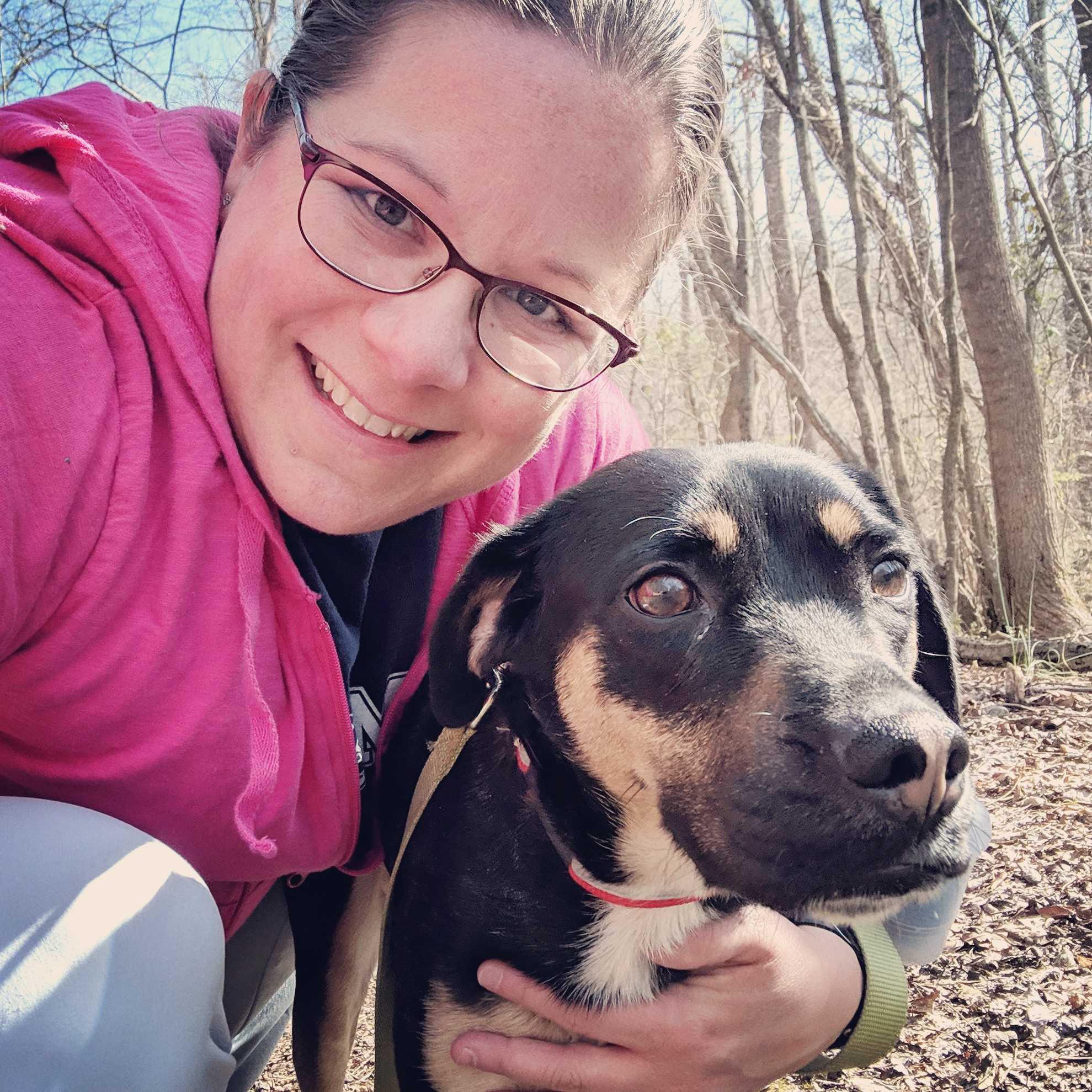Why do dogs eat poop? We asked a vet…
Wondering 'why do dogs eat poop?' There are a number of possible causes, but this behavior rarely indicates a serious illness
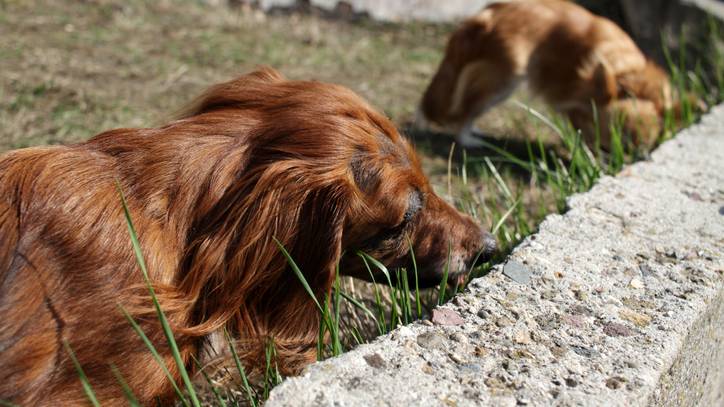
Have you ever found yourself wondering 'why do dogs eat poop'? It’s a disgusting habit, at least to us humans, but it seems to be quite enjoyable to many dogs!
When owners witness their dog eating poop, they often wonder if their dog is eating feces to compensate for some underlying dietary deficiency. Fortunately, that is rarely the case. Eating poop, or coprophagia, is rarely an indicator of underlying disease in dogs.
Puppies explore the environment with their mouths. This means eating all sorts of strange things, including poop. In older dogs, coprophagia often has behavioral causes, though it is possible (but uncommon) for nutritional causes to play a role.
It’s not usually risky for dogs to eat their own poop or feces. Dogs that eat the feces of other animals can acquire intestinal parasites, though, so it’s best to try to prevent this behavior.
- Best dog food: Make sure your faithful friend gets the best doggy diet
- Best puppy food: Great nutrition for healthy, growing dogs
- Best raw dog food: The best options for raw diet revealed
Nutritional causes of Coprophagia
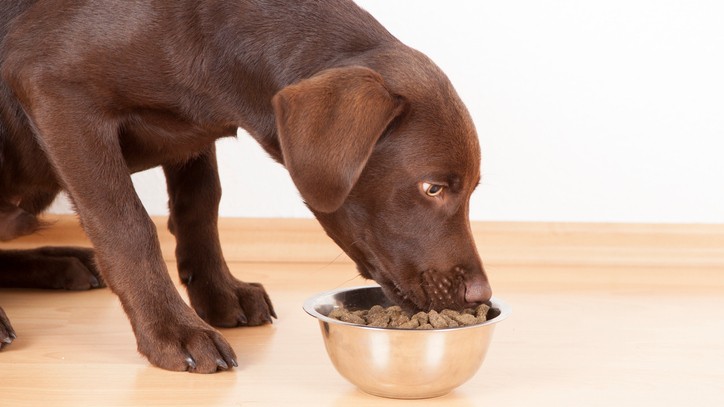
Some dogs eat feces because they’re hungry. If your dog has a voracious appetite for all kinds of things, including food, feces, trash, and other items, this may be the case. Excessive hunger in dogs can have a number of potential causes.
Hunger is often caused by underfeeding. Check the label of your dog’s food and make sure that you are feeding according to the label recommendations. If your dog is very active or athletic, he may even require a bit more food than the label recommends. If your dog currently eats one large meal per day and is getting hungry, consider splitting the food into two or three smaller meals. Decreasing the gap between meals can also help reduce hunger.
Sometimes, even dogs that receive adequate food are excessively hungry. If this appears to be the case with your dog, talk to your veterinarian. This is especially important when an older dog experiences a sudden or dramatic increase in appetite.
Get the best advice, tips and top tech for your beloved Pets
Your veterinarian can help you evaluate your dog’s diet, while also ruling out medical conditions that may cause an increase in appetite. Diagnostic tests may include blood tests (such as a complete blood cell count and serum biochemistry), a fecal parasite examination, and a urinalysis. More specialized testing may also be needed, depending on the results of your dog’s exam and initial testing. While coprophagia is rarely due to an underlying medical condition, it can occur, especially in older dogs.
Behavioral causes of Coprophagia
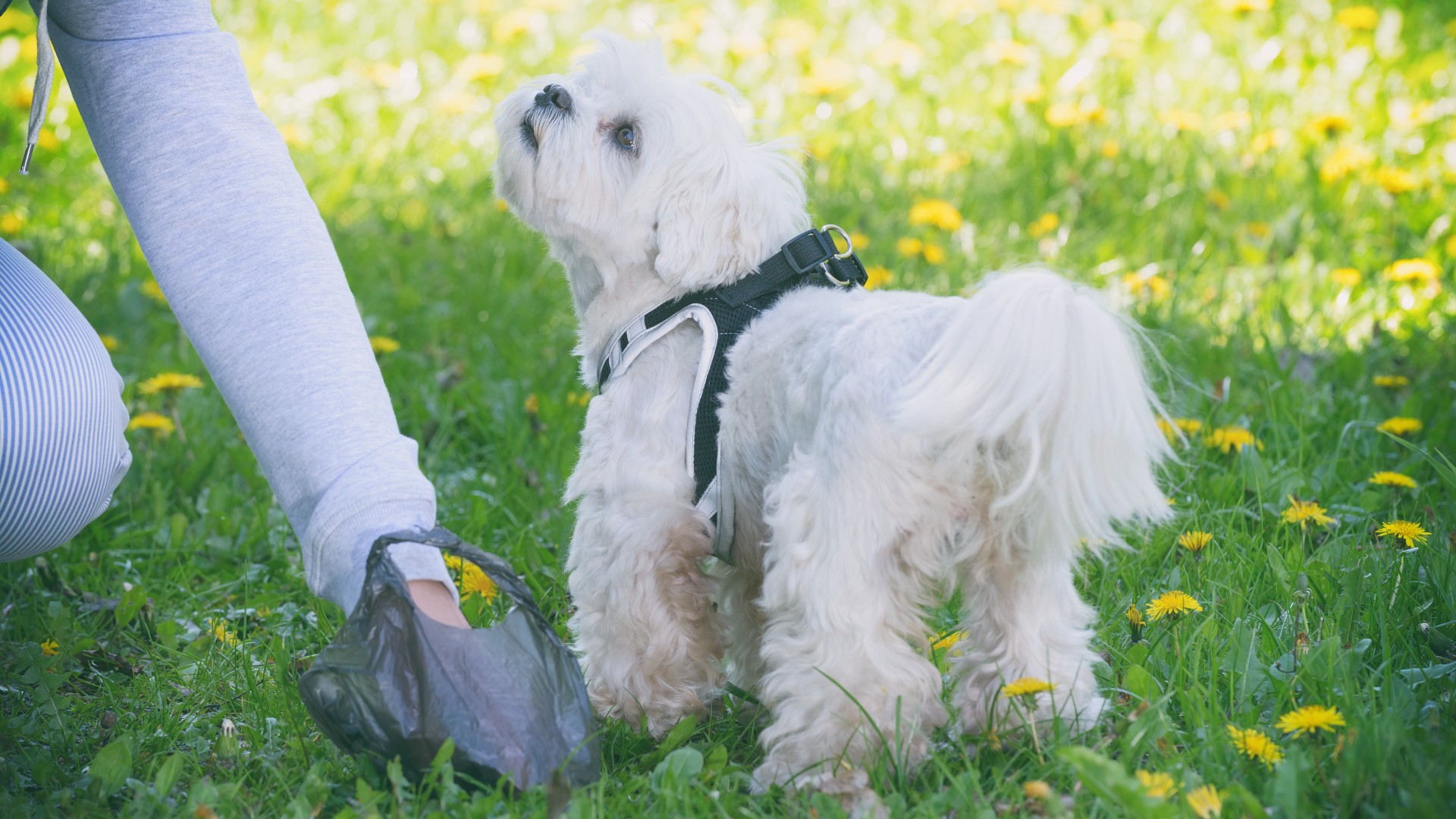
Boredom is a common cause of coprophagia, especially in dogs receiving inadequate physical activity or mental stimulation. For example, dogs left outside in a small fenced enclosure for prolonged periods of time often resort to coprophagia to keep themselves entertained.
Reduce boredom by ensuring that your dog gets at least two long walks per day. While the length of these walks may vary, depending on weather, your health, and your dog’s health, make sure these walks truly tire your dog out. Don’t just take your dog outside to go potty and then come back inside; walk for half an hour to an hour. Take your time and give your dog an opportunity to enjoy the sights and smells of your neighborhood. Change your walking route up regularly, to provide even more mental stimulation by exposing your dog to new environments.
In addition to taking plenty of walks, look for opportunities for play. Many dogs enjoy a good game of fetch, which is a great option if you have access to a fenced yard. Ensure that your dog has access to high-quality chew toys, which will hopefully be more appealing to chew on than feces! Consider feeding your dog's meals out of a puzzle feeder, which elevates mealtimes from a passive activity to an exercise in problem-solving. If you work long hours, hire a dog-walker to break up the time your dog spends at home alone. Provide as much mental and physical stimulation as possible, to minimize boredom that may result in eating feces.
Use a specially designed product to treat Coprophagia
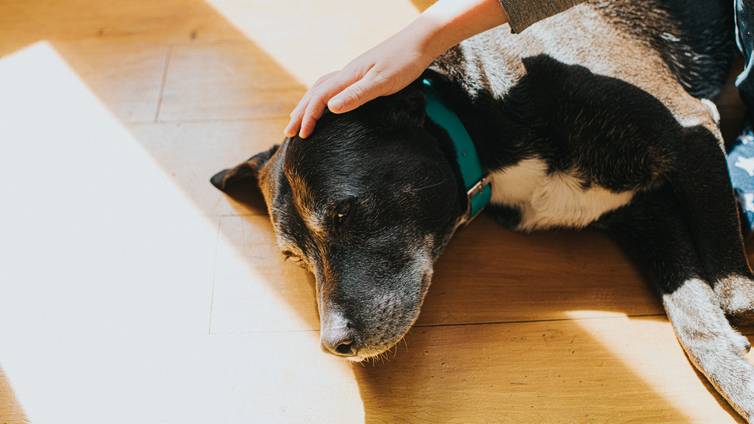
In some cases, even dogs with perfect nutrition and plenty of exercise eat their own feces. It’s difficult to say why these dogs developed this habit. Fortunately, there are a number of tools and strategies that can help.
One approach is to alter the taste of the feces, so it’s less enjoyable for your dog. Forbid has been specifically developed to taste okay when dogs eat it, but have a foul taste when it comes out in the feces. If your dog is eating his own feces (or that of a housemate) feeding Forbid can prevent coprophagia by changing the flavor of the feces. Read the product label to determine how much Forbid to give, based on a dog’s weight. Give Forbid as directed for 5-7 days, ensuring that your dog has plentiful opportunities to eat feces during this time period. With any luck, a few tastes of “yucky” poop will be enough to break your dog’s habit.
If Forbid doesn't do the trick, consider a few tried and tested home remedies.
Home remedies to stop your dog eating poop
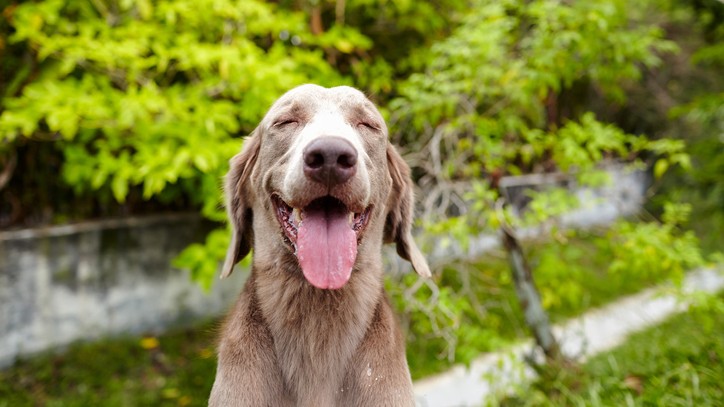
Home remedies may or may not be effective, depending on the dog, but they are certainly worth a try!
One home remedy is to add meat tenderizer to your dog’s food. Like Forbid, meat tenderizer usually tastes okay to dogs when they eat their food, but it gives the feces an unpleasant flavor. Sprinkling a small amount of meat tenderizer on your dog’s food every day for several days may be enough to help your dog break his poop-eating habit.
Some people also use pineapple to discourage their dog from eating poop. If you give pineapple, you should give several small chunks of pineapple per day, as a snack. Remember that pineapples are relatively high in sugar and calories, so you will want to slightly reduce your dog’s food and treat intake while giving pineapple, to prevent weight gain.
If your dog is eating the feces of other animals outside of your home, you will need to take a different approach. Unfortunately, you can’t control what these animals are eating. Instead, put some hot sauce on a fresh pile of feces that your dog is likely to eat outside, then allow your dog to sample that feces.
Regardless of which additive you use, the goal is to convince your dog that feces no longer tastes good. You will need to be consistent, ensuring that your dog only has access to “yucky” feces for several days - this means picking up all of the unaltered feces in your backyard before starting this process, so your dog isn’t rewarded for finding an unflavored “yummy” pile of feces! After several days of sampling “yucky” feces, your dog should (hopefully) be broken of this habit.
Regressions are not entirely uncommon, though. If your dog appears to experience a relapse, you will want to repeat a course of Forbid, or whatever strategy you used to eliminate the coprophagia the first time. You may need to repeat these treatments periodically to achieve long-term success.
If flavor additives don’t work, you'll need to limit your dog’s access to feces. Keep your yard clean and pick up your dog’s feces immediately. Consider putting a basket muzzle on your dog when he is outside. This muzzle style limits your dog’s ability to eat feces and other items off the ground, while allowing him to safely pant and drink water.
Alternatively, you can leash-walk your dog on a short leash. By paying careful attention to the ground, you should be able to keep him away from animal feces and other items that you may encounter on walks.
Finally, teach your dog to “drop it” or “leave it.” If all of your efforts fail and your dog picks up a piece of feces, this command can be used to prevent ingestion of the feces…as long as you’re nearby and paying attention!
There’s no need to panic
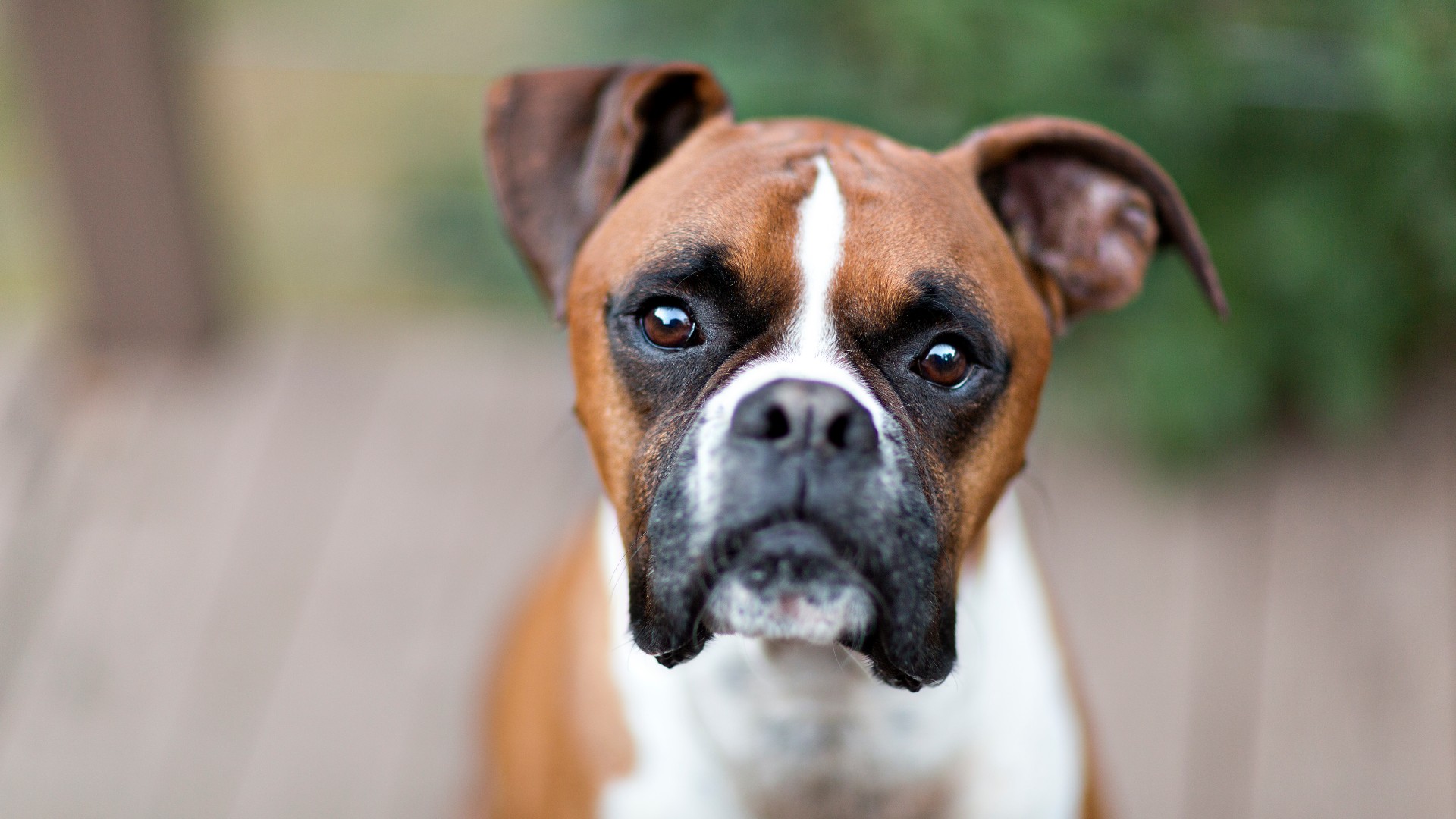
As a veterinarian, I encounter many clients who are extremely curious about why dogs eat poop. I get it; it’s a gross habit! Owners often hope that finding the underlying cause of coprophagia will help them eliminate this habit.
Unfortunately, there often isn’t an identifiable cause of coprophagia. Dogs simply have different tastes than us. When we share our lives with dogs, it’s almost inevitable that we will encounter the occasional disgusting behavior!
Still, given the parasite risk that eating the feces of other animals can present, it is best to break this habit if possible, addressing possible underlying causes and using other tools to discourage coprophagia.
Dr. Barnette is a graduate of the University of Florida, where she received both her B.S. in Zoology and her Doctor of Veterinary Medicine (DVM). She has 15 years of clinical experience as a small animal veterinarian, treating dogs, cats, and occasional exotic patients. She now works as a freelance veterinary writer, creating educational content for veterinarians, veterinary team members, and dedicated pet owners. Dr. Barnette lives in southwest Florida with her husband and daughter (plus two cats, a dog, and a rescued dove!) and enjoys kayaking, biking, and hiking. Learn more about Dr. Barnette at www.linkedin.com/in/catherinebarnette.
